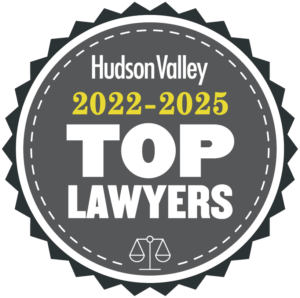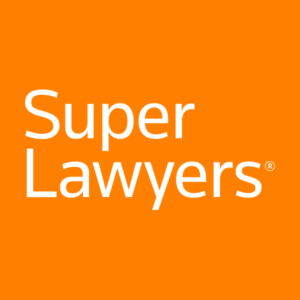HELPING YOU CARE FOR THOSE WHO CANNOT CARE FOR THEMSELVES
Our Attorneys Help Residents in the Hudson Valley, Capital Region and NYC area Obtain the Protection They Need for Loved Ones with Disabilities
FILING A PETITION FOR GUARDIANSHIP
Filing a petition for guardianship requires establishing that the person who will receive a guardian is incapacitated. In reality, this means that a cognitive disability prevents effective management of property and ability to make sound decisions regarding personal and medical care. We will help you file the petition and prove to the court that your loved one is unable to provide for his or her needs and cannot adequately understand the consequences of that inability.
SCHEDULE AN APPOINTMENT WITH THE MALPRACTICE DEFENSE ATTORNEYS AT SHOLES MILLER RODRIGUEZ & BROWN, PLLC
ASSISTANCE WITH GUARDIANSHIP COMPLIANCE AND ACCOUNTING
- Inventory of assets
- Arranging appraisals
- Obtaining court approval prior to asset sales
- Managing income from assets
- End of year accounting
Guardianship of the person also comes with regulations, which includes a yearly report provided to the court. Our attorneys can help you with that reporting as well.
ASSISTING NURSING HOMES AND HOSPITALS WITH GUARDIANSHIPS
From time to time nursing homes may also need to seek guardianship for a resident due to lack of available relatives, elder abuse, inability of family members to agree on a course of treatment, or because the current guardian is not acting in the patient’s best interest. Our firm assists our nursing home clients with all aspects of the guardianship process.
Mental Hygiene Matters
- the involuntary retention of psychiatric patients
- court proceedings for treatment over objection
- Assisted Outpatient Treatment (Kendra’s Law)
Patients who have been hospitalized involuntarily for psychiatric treatment have a right to a hearing at which they can ask the court to authorize their release from the hospital. We represent hospitals in such proceedings. Patients who are involuntarily hospitalized for psychiatric care will often refuse to take medications orally, in which event we represent hospitals in seeking a court order authorizing treatment over the patient’s objection if medically necessary. We also go to court for hospitals when individuals who are being discharged to the community will need the benefit of supervised outpatient care, known as Assisted Outpatient Treatment, pursuant to Kendra’s Law. At our firm, Mr. Miller, in particular, advises, represents and defends hospitals, physicians, and other healthcare providers in a wide variety of matters involving psychiatric and medical care. Mr. Miller’s career experience in nursing and hospital administration before practicing law is a valuable source of hands-on knowledge that he brings to this practice area.
- Risk Management
- Staff training
- Patient rights
- Care Standards
- Dietary requirements
- Fire safety/emergency protocols
- Sanitation standards
- Construction standards
- Medicare/Medicaid certification
- Strategic planning
- Department of Health regulatory matters
- State Education Department license-related matters
- Workplace instruction for managers and employees
- Assistance in drafting facility policies and procedures
- Design and drafting of patient care forms
- Medical-Legal Ethics consultations
- Advance directives and do-not-resuscitate (DNR) legal consultations
- Management consulting
- Medical record/patient information/HIPPA confidentiality consultations
- Employee instruction, seminars, and in-service education
